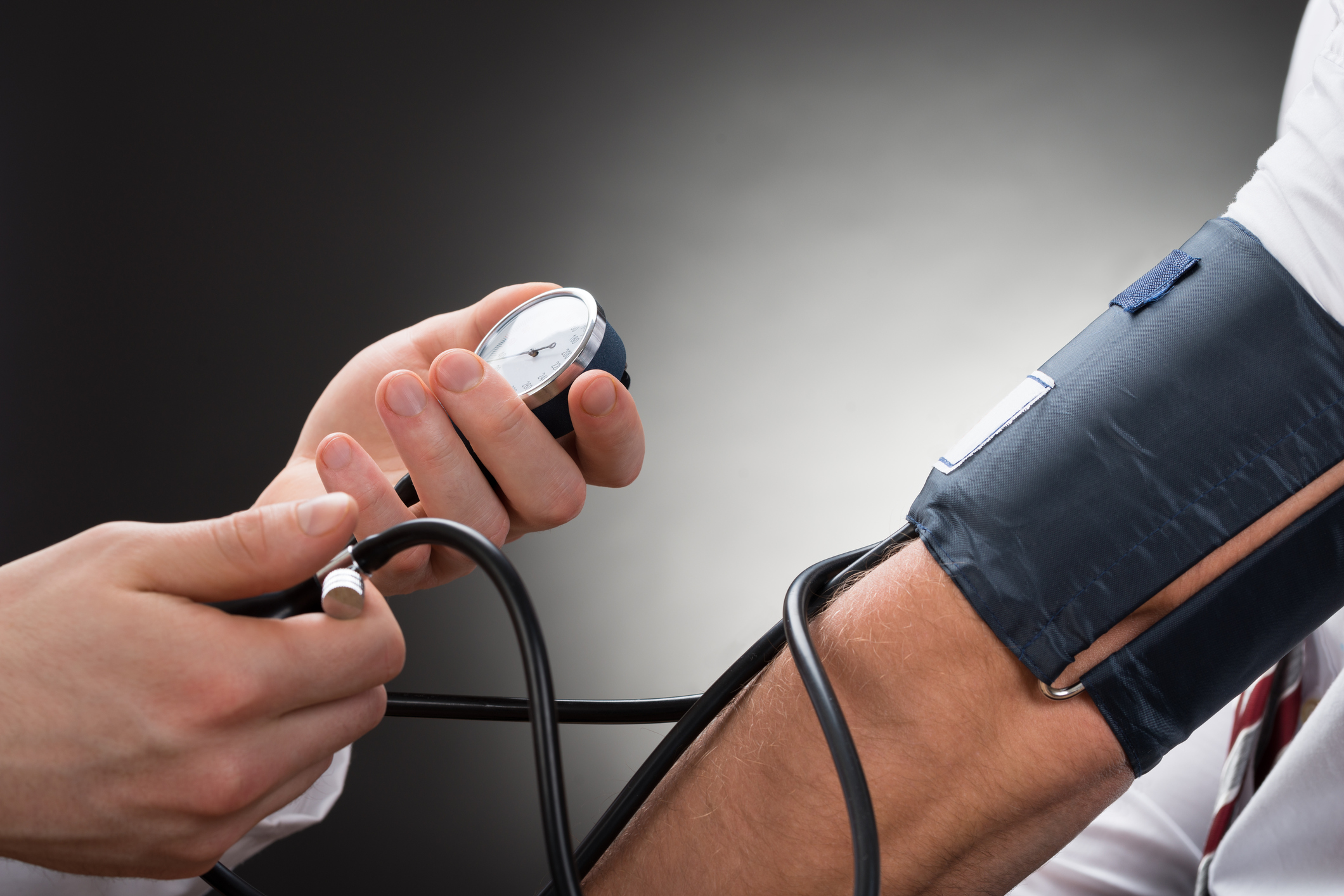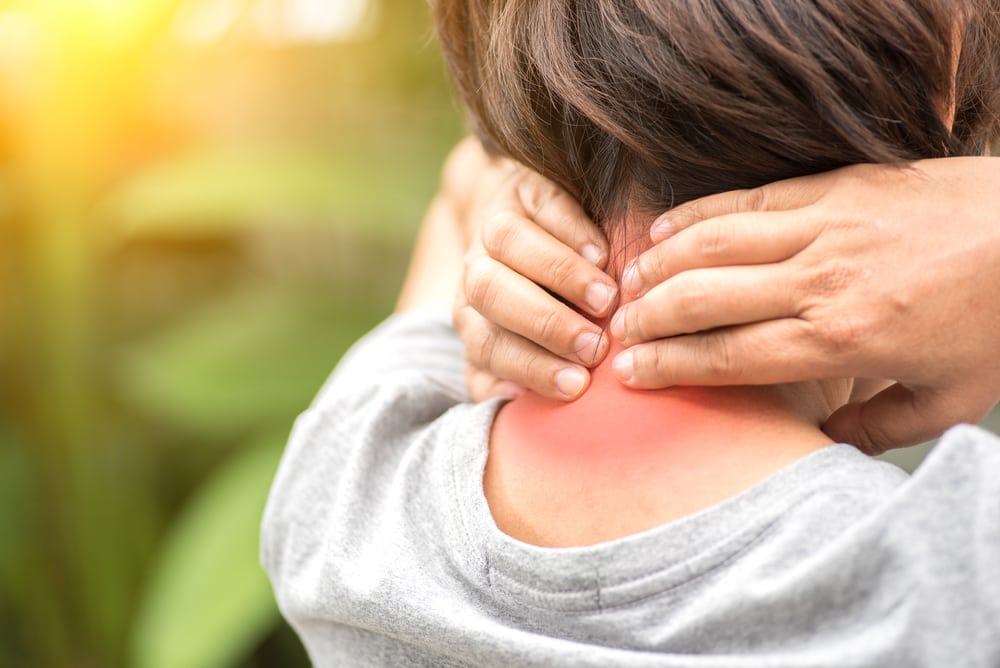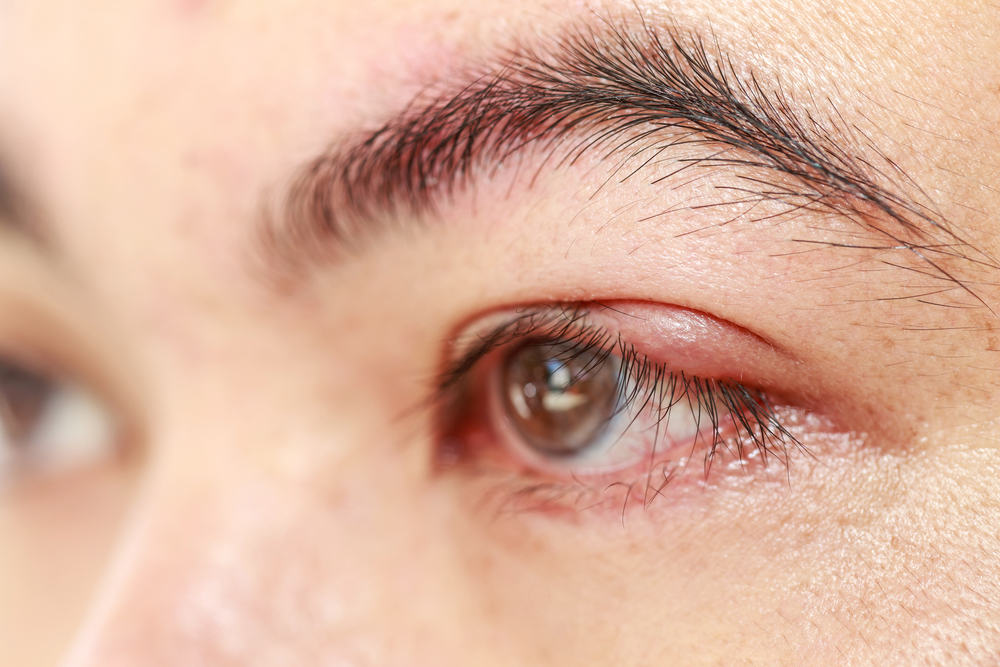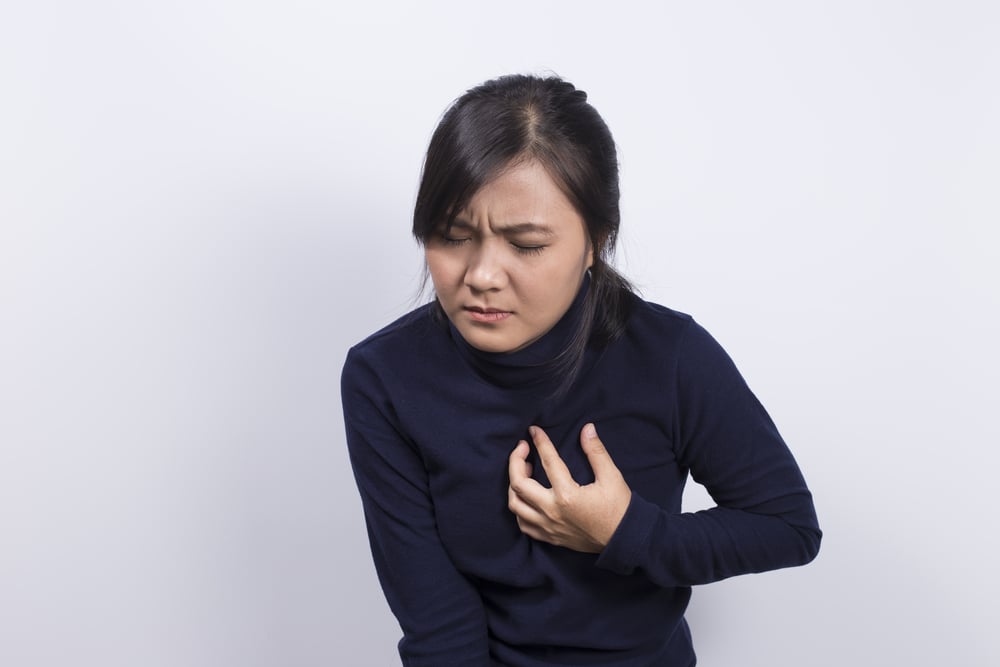Contents:
- Medical Video: My anal cancer treatment journey
- What is anal cancer or anal cancer?
- What causes cancer in the anus?
- What are the symptoms of anal cancer?
- Anal sex can be one of the causes of risk factors
- Is there a test or treatment for anal cancer?
Medical Video: My anal cancer treatment journey
Cancer can attack anyone and at any time. Cancer cells can also grow and cause cancer conditions in any part of the body, including the anus (rectum). Wow, what are the symptoms of anal cancer to watch out for? What is the cause and can it be treated? Find out about the sundries of anal cancer below, let's!
What is anal cancer or anal cancer?
Anal cancer or anal cancer, is a type of cancer found in the anal canal. The types of anal cancer depend on various types of cancer cells found in the body. The types of cancer in the anal canal are mainly epidermal cancer, adenocarcinoma, melanoma, squamous cell carcinoma (flat cells), and verruca carcinoma.
Anal cancer is rare and affects more women than men. Anal cancer can attack patients at any age. The disease can be overcome by reducing your risk factors.
What causes cancer in the anus?
Anal cancer or anal cancer occurs when cells or body tissues in the rectum experience interference or damage in DNA. In most cases, the cause of DNA damage is not yet known.
Healthy cells will grow and divide regularly so that the anus continues to function normally. However, when the cell's DNA is damaged and turns into cancer, the cell continues to divide and cannot produce new normal cells anymore. Over time, unhealthy cells will accumulate and begin to form tumors.Cells in anal cancer can spread to other parts of the body, including parts of the large intestine and others.
What are the symptoms of anal cancer?
- Changes in your bowel habits, such as frequent diarrhea, constipation or more frequent bowel movements
- Dark or red blood in feces
- Sudden mucous discharge from the anus
- Pain when defecating
- Stomach ache
- Having iron deficiency anemia
- Your weight has dropped dramatically
- It's easy to feel weak or tired
In addition to the above, you need to contact your doctor if you experience various symptoms of anal cancer such as:
- Bleeding
- Itchy
- Discharge from the anus
Pain in the rectum or anus or lump or rectal lump can also be a sign or symptom of anal cancer. Some other symptoms or signs may not be listed above. If you feel anxious about these symptoms, immediately consult your doctor.
Anal sex can be one of the causes of risk factors
Anal sex can be one of the risk factors for anal cancer. Penetration can tear the inner tissues of the anus, which allows bacteria and viruses to enter the bloodstream around the anus. This can result in the spread of sexually transmitted infections, including HIV.
Studies have shown that the risk of anus exposed to HIV is 30 times greater than that of couples who have vaginal sex. Paparan human papillomavirus (HPV) can also cause the development of warts in the rectal area.
Is there a test or treatment for anal cancer?
For diagnosis, doctors use a medical history and physical examination including digital rectal examination and anoscopy. Anoscopy uses a short, radiant tube to examine the rectal area.
The doctor will also do a biopsy. In a biopsy, the doctor takes a little tissue from the anus and uses a microscope to find cancer cells in the tissue. If cancer cells are found in the biopsy process, other tests may be performed including ultrasonography to see the depth of the tumor and computed tomography (CT scan) or magnetic resonance imaging (MRI) to find out if the cancer has spread. Checking the cancer stage helps doctors make treatment decisions.
While the treatment of anal cancer depends on the size of the tumor, the depth of the tumor, and the spread of the tumor to the lymph nodes in the groin or to the large intestine. General treatment will involve surgery to remove the tumor and surrounding cancer cell tissue. Doctors will also recommend several healing methods such as radiation therapy or chemotherapy.
To deal with various symptoms of anal cancer, doctors may also provide supporting medicines. For example pain reliever or anti-inflammatory medication.













